Associate Professor, Dr. Nguyen Dinh Tho, Director of the Institute of Strategy and Policy on Natural Resources and Environment (Ministry of Natural Resources and Environment) said that the Forum of the President of the Vietnam Farmers' Union - Minister of Natural Resources and Environment listening to farmers is an opportunity to guide people towards the goals of developing green production.
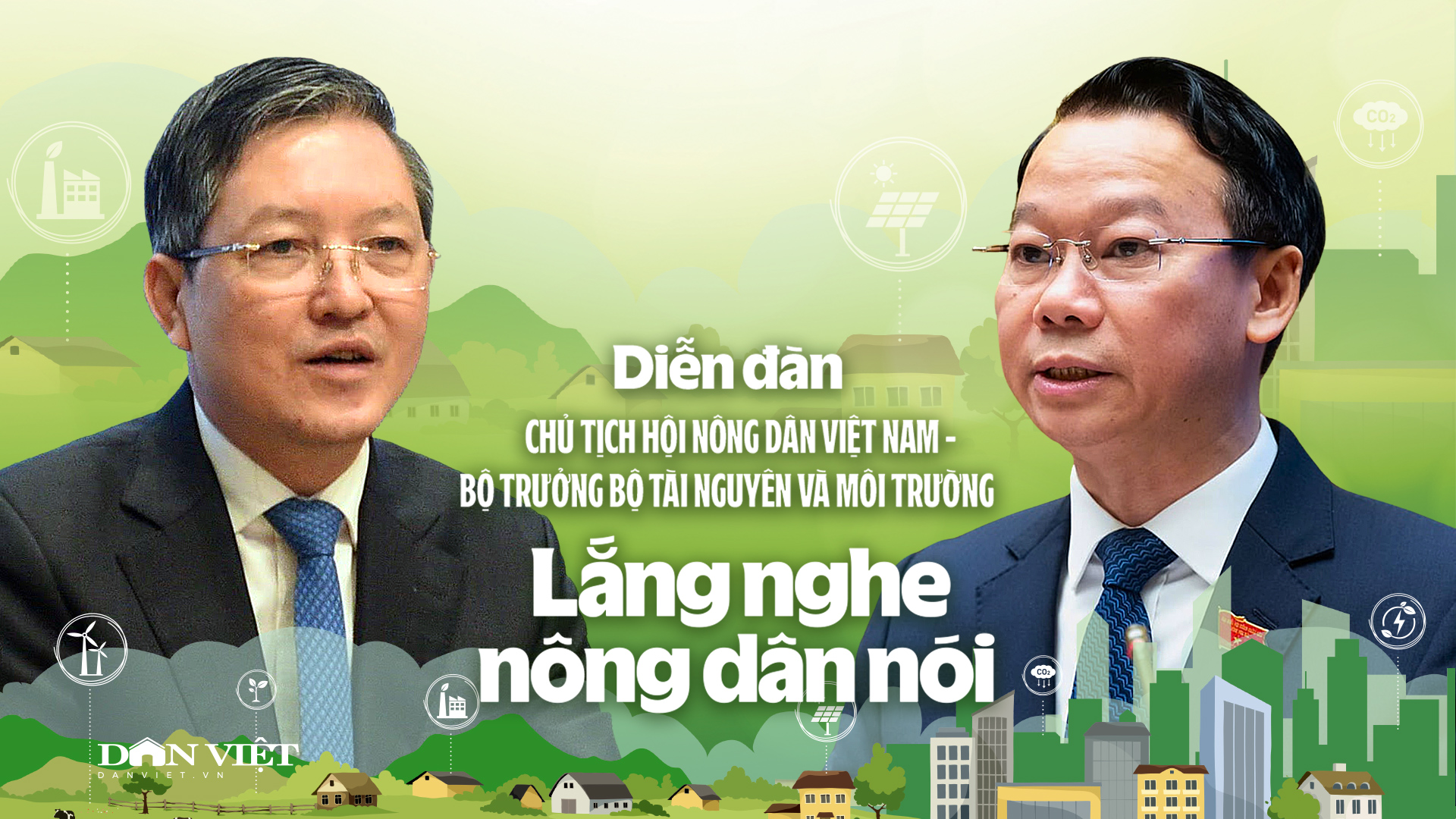
The forum of the President of the Vietnam Farmers' Union - Minister of Natural Resources and Environment listening to farmers will take place in Hanoi on November 24, chaired by Party Central Committee member, President of the Central Executive Committee of the Vietnam Farmers' Union Luong Quoc Doan and Party Central Committee member, Minister of Natural Resources and Environment Do Duc Duy.
On November 24, in Hanoi, for the first time, the President of the Vietnam Farmers’ Union and the Minister of Natural Resources and Environment will co-chair the Forum to listen to farmers speak. How do you evaluate the significance of this event?
- Agriculture, farmers and rural areas play an important role in sustainable development in Vietnam. In recent times, the Party, National Assembly and Government have had orientations to promote economic development and ensure sustainable development.
Therefore, in my opinion, the Forum of the President of the Vietnam Farmers' Association - Minister of Natural Resources and Environment listening to farmers is an opportunity for the heads of the two units to listen to the thoughts, aspirations, and recommendations of the people related to issues of land resource exploitation, green production conversion, environmental protection, thereby proposing mechanisms and policies, and at the same time having programs, goals, and plans to help farmers and businesses exploit resources well, towards the goal of sustainable development.
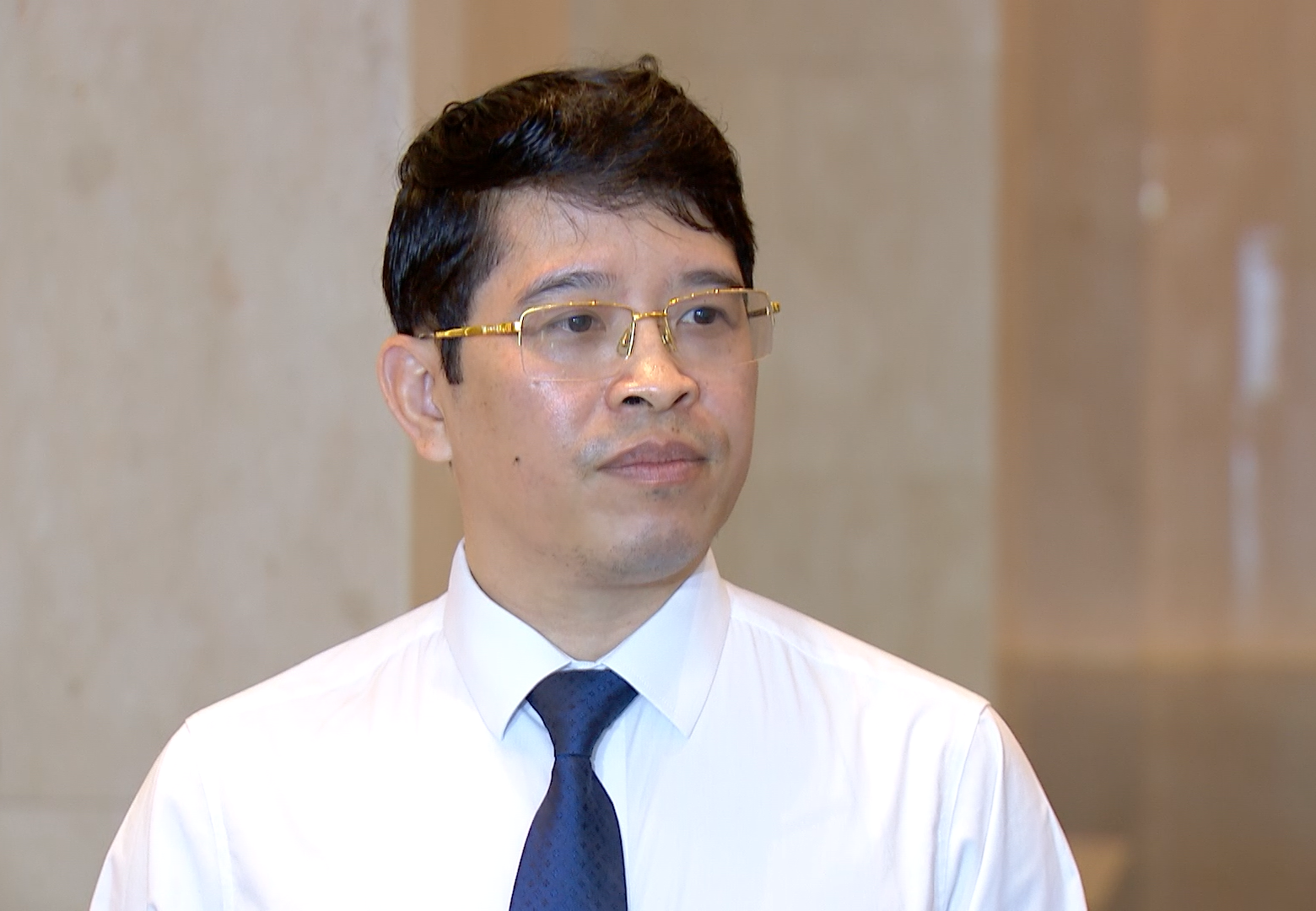
Associate Professor, Dr. Nguyen Dinh Tho, Director of the Institute of Strategy and Policy on Natural Resources and Environment (Ministry of Natural Resources and Environment) hopes that the Forum of the President of the Vietnam Farmers' Union - Minister of Natural Resources and Environment listening to farmers will create motivation for farmers and cooperatives to move towards the goal of green production.
One of the issues that farmers and cooperatives are interested in and ask many questions about at the Forum is the solution to unlock land resources, promote land accumulation to develop large-scale production. According to you, in the context of the 2024 Land Law coming into effect, how will the issue of land for large-scale production be unlocked to meet farmers' expectations?
- In recent times, our Party has issued very large, directional policies to unleash land resources, that is Resolution 18 of the 5th Conference of the 13th Central Executive Committee on continuing to innovate, perfect institutions and policies, improve the effectiveness and efficiency of land management and use, creating momentum to turn our country into a developed country with high income, has set out the orientation of developing large-scale agriculture, building large fields, focusing on land accumulation and concentration, serving the development of agriculture, farmers and rural areas.
Based on the orientation of Resolution 18, the 2024 Land Law has institutionalized the Politburo's direction to unlock land resources. Accordingly, there have been policies on implementing large fields, land accumulation, allowing individual households to use land with larger land areas, and at the same time allowing the use of part of the land to build infrastructure, roads, and warehouses, meeting the development of large-scale agriculture.
With open land policies contributing to the development of rural resources, large production fields have appeared in many places recently, and achievements in rural agriculture have been proven as the pillar of the economy continues to be affirmed. Exports of key agricultural products continue to achieve impressive figures. This achievement has a great contribution from farmers, especially after Resolution 18, localities have supported farmers to implement land consolidation, large-scale production, and rural industrialization.
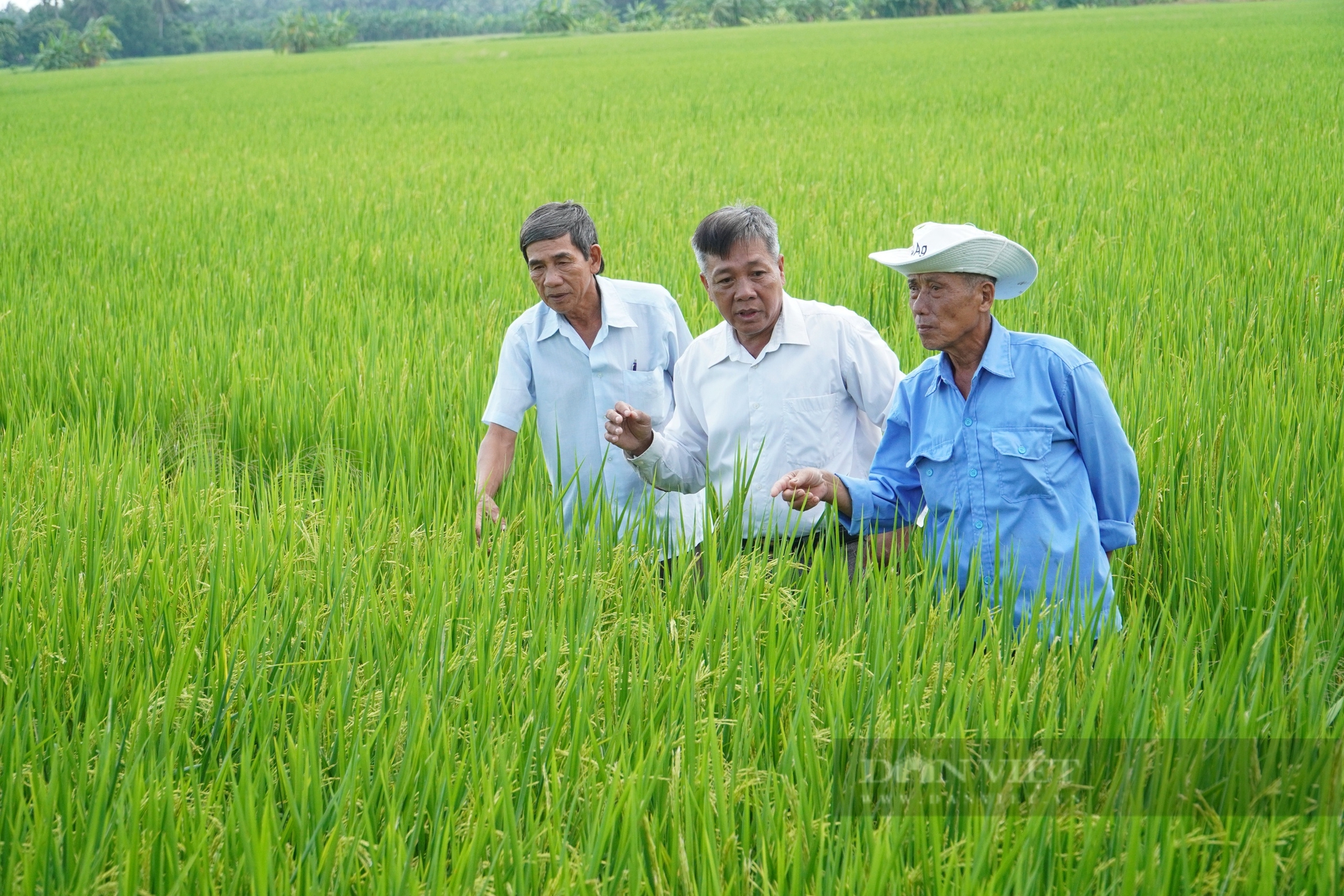
Farmers in Soc Trang province are excited to participate in the 1 million hectare high-quality, low-emission rice project. Photo: Huynh Xay.
It can be seen that in many localities such as Thai Binh and Hai Phong, large-scale plantation models have appeared. How do you evaluate these models in laying the foundation for large-scale production?
The 2024 Land Law has approved a policy to expand land use limits, allowing individuals and households to own agricultural land, and providing guidance so that businesses participating in agricultural production can expand their production models.
One of the biggest difficulties is that after the land consolidation process, the re-issuance of certificates to people. Regarding record management, with the direction of the Government, the Ministry of Natural Resources and Environment has promoted digital transformation in land management, many localities have uploaded land records to the land management system, and at the same time conducted inventory, re-measurement and issued certificates to people. The application of digital transformation and land registration has created conditions for people to develop production.
Transforming green production to meet the NET ZERO target by 2050 is a major policy that Vietnam has committed to the international community. To contribute to achieving this goal, where should farmers start?
-In 1992, at the United Nations Conference on Environment and Development (UNCED), also known as the Rio de Janeiro Earth Summit, the world set three harmonious development goals: Economic - social - environmental and gave directions to achieve zero net emissions, fight pollution, restore ecosystems, and combat biodiversity loss.
At the COP 26 Conference, Vietnam committed to the international community to achieve zero emissions by 2050. This is a big challenge for Vietnam as many of its direct competitors have not yet fulfilled this commitment. However, if emissions are not reduced, pollution is not combated, and biodiversity loss is not promoted, agricultural trade with the world will not be promoted, and global investment will not be attracted.
For example, recently, the European Union has issued regulations on combating unreported and unregulated fishing (IUU) or the EU Deforestation Prevention Act (EUDR) stipulates that products originating from deforestation or forest degradation will not be imported. It is expected that some products such as wood, rubber, cocoa, coffee, textiles, etc. will be affected by this policy. The EU, Japan, the US, etc. are all large markets. If they do not meet the requirements for reducing emissions and biodiversity loss, many agricultural products will be affected and farmers will be directly affected. In the context of fragmented and small-scale production, when the supply chain is broken, they will realize the reason for being eliminated from the market.
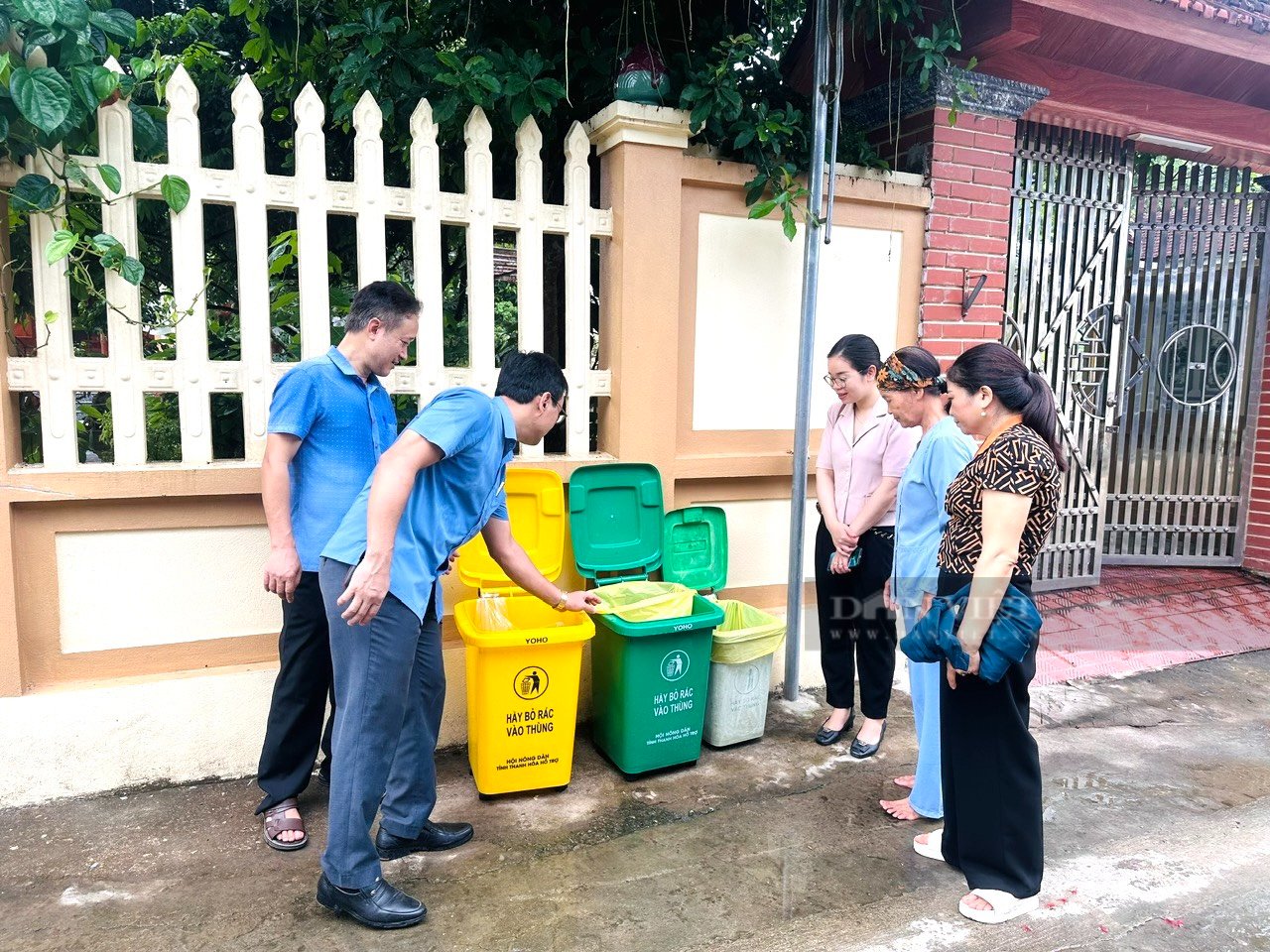
Farmers' Association members of Xuan Hoa commune, Tho Xuan district, Thanh Hoa province participate in the model "Collecting, classifying and processing organic waste into fertilizer in households and residential communities"
Therefore, this forum listening to farmers speak by the President of the Vietnam Farmers' Union - Minister of Natural Resources and Environment will have the meaning of orienting propaganda and supporting farmers to be aware of global regulations.
In the past, Vietnam has sold 10.2 million forest carbon credits, earning 51 million USD, this is the result of 10 years of negotiations and efforts to develop forests. Currently, Vietnam is implementing the 1 million hectare high-quality, low-emission rice project in the Mekong Delta, aiming for green transformation and emission reduction.
In livestock and aquaculture, countries around the world apply circular production models to reduce pollution. With the 1 million hectares of low-emission rice project, farmers only need to make small changes in the cultivation process to reduce costs and increase income, because in reality, rice cultivation accounts for up to 40% of emissions in the agricultural sector. The "alternating wet and dry" cultivation process will be a typical model to reduce emissions and improve farmers' lives.
Does this mean that even small changes in farmers' production can bring about big changes that attract climate finance?
That's right, if the model can be applied and emissions can be reduced, there will be an opportunity to sell carbon credits, thereby supporting farmers, because the world's principle is that emitters must pay for those who absorb emissions. Through this payment mechanism, farmers have income, meeting the balance between areas that convert their purposes and areas that are not converted and absorb carbon.
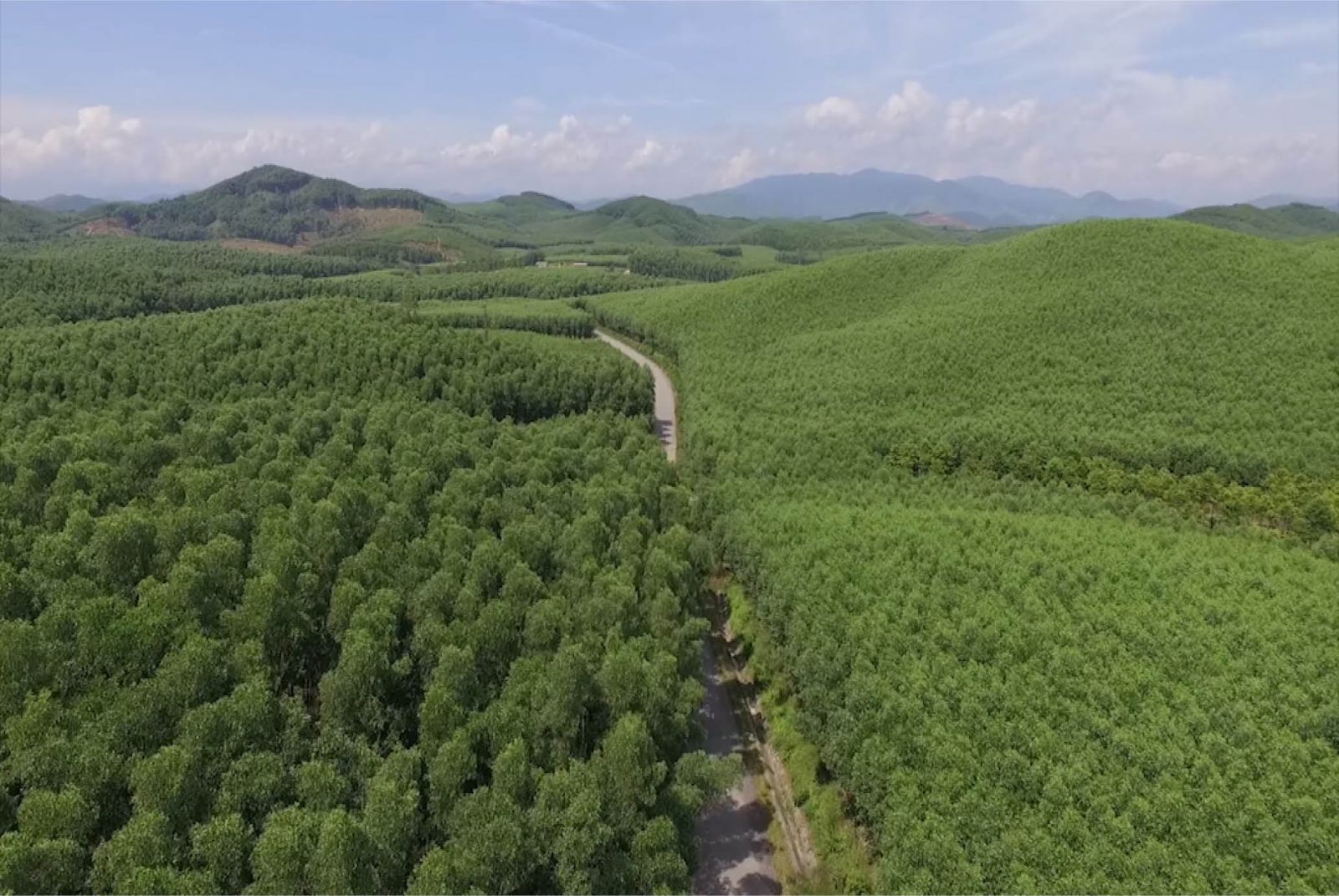
Vietnam has earned 51.3 million USD from forest carbon credit trading.
Climate finance is a global financial instrument designed for developed countries to finance developing countries. In recent times, Vietnam has received support from the World Bank, bilateral agencies, and multilateral financial agencies. Farmers can also receive this climate finance if they record their emission reduction process and keep an emission reduction diary. For example, with rice production, which days do they put water in, which days do they drain water, fertilize, spray pesticides, etc. Farmers need to be supported with digital transformation tools to successfully implement and input data so as not to waste carbon credits during the cultivation process. Green technology, green finance, and green energy are issues that farmers need to access.
How should we solve the problem of rural environmental pollution, sir?
The 2024 Land Law stipulates 3 boundaries and 4 zones, in which the protected area will not be allowed to change land use purposes and will not emit emissions. The planning method is based on the ecosystem, based on the landscape approach, land management according to river basins from upstream, midstream, downstream and coastal areas; creating a balance between areas with land use conversion and areas that cannot be converted, between industrial and agricultural areas, conservation, between current and future society.
In my opinion, to thoroughly handle the problem of environmental pollution in rural areas, it is necessary to clear water sources and ensure that the wastewater system is thoroughly treated. In addition, in production, the problem of handling packaging, pesticide containers, aquaculture substrates, bedding, and post-harvest straw must also be collected, processed, and recycled into raw materials in industry. Applying the circular economic model, waste from one industry can be a resource for another industry, not only solving the problem of environmental pollution but also improving people's lives.
Thank you for this conversation!
Source: https://danviet.vn/vien-truong-vien-chien-luoc-chinh-sach-tai-nguyen-moi-truong-bo-tnmt-nong-dan-can-duoc-tiep-can-voi-nguon-tai-chinh-xanh-20241122124244726.htm





![[Photo] Binh Thuan organizes many special festivals on the occasion of April 30 and May 1](https://vphoto.vietnam.vn/thumb/1200x675/vietnam/resource/IMAGE/2025/5/1/5180af1d979642468ef6a3a9755d8d51)
![[Photo] "Lovely" moments on the 30/4 holiday](https://vphoto.vietnam.vn/thumb/1200x675/vietnam/resource/IMAGE/2025/5/1/26d5d698f36b498287397db9e2f9d16c)
![[Photo] Ha Giang: Many key projects under construction during the holiday season](https://vphoto.vietnam.vn/thumb/1200x675/vietnam/resource/IMAGE/2025/5/1/8b8d87a9bd9b4d279bf5c1f71c030dec)


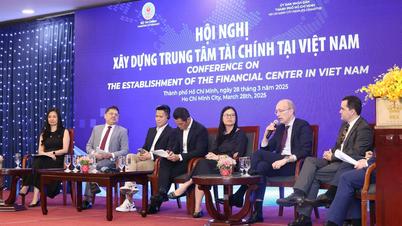



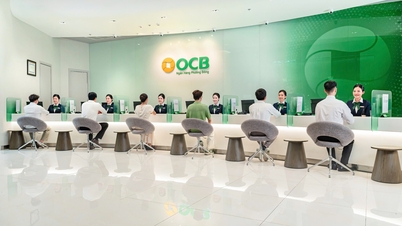

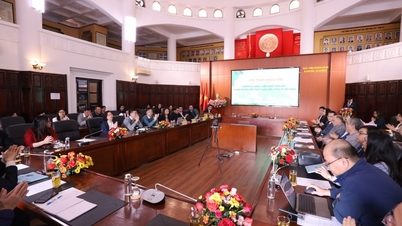

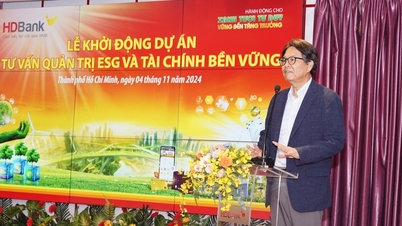

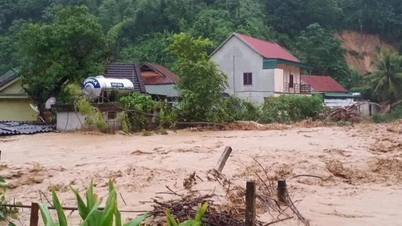
![[Photo] Soldiers and workers help people build houses](https://vphoto.vietnam.vn/thumb/402x226/vietnam/resource/IMAGE/2025/5/1/3a705ca5655e44f3a6d0554f0bf0563d)

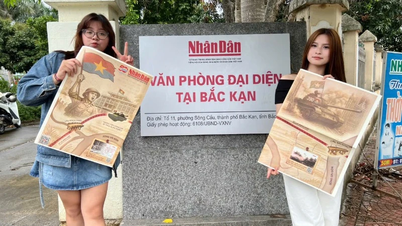
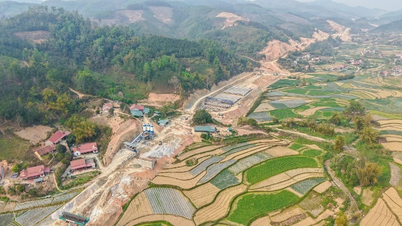





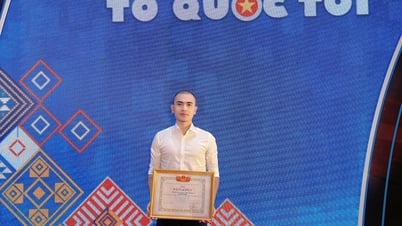
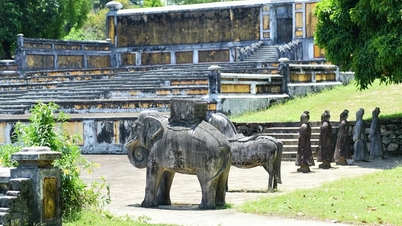
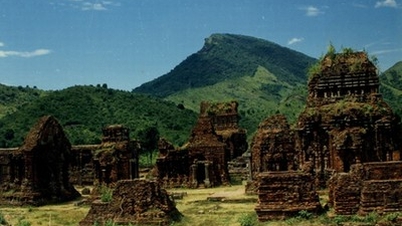
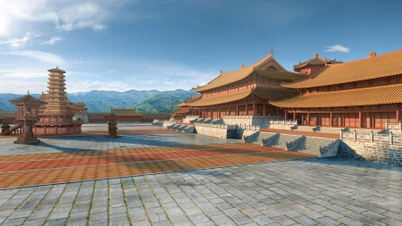
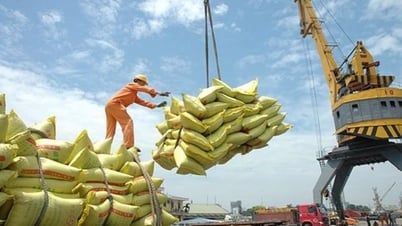













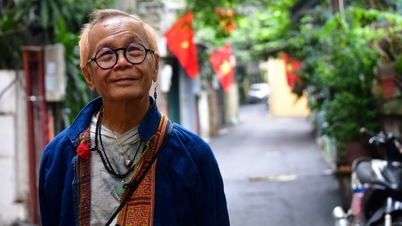



















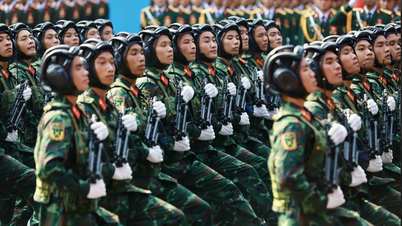












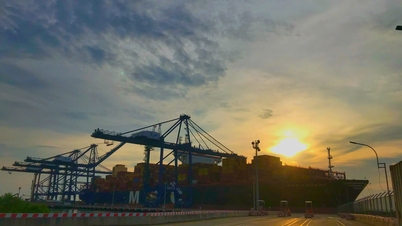






















Comment (0)